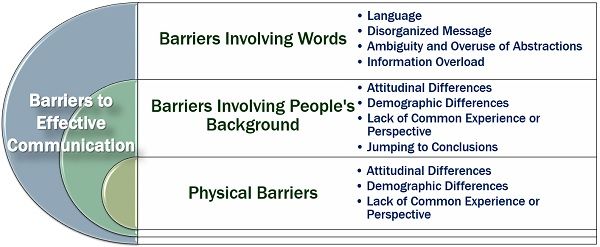



Regardless of what drives our fear, it’s a powerful emotion that can dictate what our next steps may be - or whether we move forward at all. In fact, fear has an important evolutionary role in helping to keep us safe from danger. We all experience fear from time to time: fear of the unknown, of failing, of not being good enough. However, this is often far from the truth. Self-doubt can prevent us from making progress or doing the things we want to do because we begin to believe that we don’t possess the skills, abilities, or talent to go after that promotion or forge that relationship. Self-doubt can become problematic if we start believing what our mind tells us about ourselves. We all have a doubting mind from time to time. However, some affect many folks to varying degrees.Ĭommon mental barriers include: Self-doubt and negative thinking While some can easily push past mental obstacles, others may find it more difficult to overcome them.Įvery person’s situation is unique, and you may face different psychological barriers than someone else. Most people find themselves confronting their mental barriers at some time or another. In addition to your actions (or inability to take action), they can also affect your ability to communicate or interact with others - or even with yourself. They’re often driven by fear, for example: For example, a mental barrier might keep you from writing that book, taking that promotion, or pursuing that relationship.Įven though you want to do these things, paying too much attention to limiting beliefs may make you feel as though you aren’t capable or talented enough to pursue them.Īlso referred to as emotional or psychological barriers, mental barriers can manifest in our thoughts or opinions, feelings, or attitude toward others. If we attach ourselves to these thoughts, they can prevent us from taking action or moving forward. Field testing informed modifications for the January 2013 implementation of MBI-LCBI in the NHSN.Mental barriers are a set of limiting beliefs we have about ourselves. Hospital staff applied the MBI-LCBI definition accurately. Some hospitals indicated that their laboratories' methods of reporting cell counts prevented application of neutropenia criteria revised neutropenia criteria were created using data from field testing. Most MBI-LCBIs (91%) occurred in patients meeting neutropenia criteria. Agreement between hospital staff and CDC classification of reported CLABSIs as meeting the MBI-LCBI definition was high (90% κ = 0.82). Of the 103 CLABSIs that also met MBI-LCBI criteria, 100 (97%) were reported from oncology/BMT locations. Among 906 positive blood cultures reviewed, 282 CLABSIs were identified. Centers for Disease Control and Prevention (CDC) staff reviewed submitted data to verify whether CLABSIs met MBI-LCBI criteria and summarized the descriptive epidemiology of cases reported.Įight cancer, 2 pediatric, and 28 general acute care hospitals including 193 inpatient units (49% oncology/bone marrow transplant, 21% adult ward, 20% adult critical care, 6% pediatric, 4% step-down) conducted field testing. Hospital staff augmented their CLABSI surveillance for 2 months to incorporate MBI-LCBI: a primary bloodstream infection due to a selected group of organisms in patients with either neutropenia or an allogeneic hematopoietic stem cell transplant with gastrointestinal graft-versus-host disease or diarrhea. Selected locations of acute care hospitals participating in NHSN central line-associated bloodstream infection (CLABSI) surveillance. To assess challenges to implementation of a new National Healthcare Safety Network (NHSN) surveillance definition, mucosal barrier injury laboratory-confirmed bloodstream infection (MBI-LCBI).


 0 kommentar(er)
0 kommentar(er)
